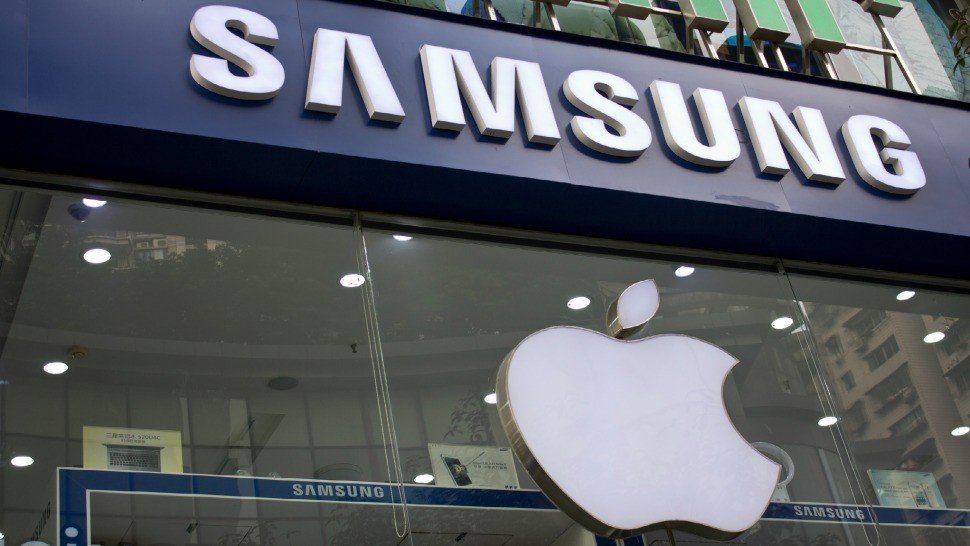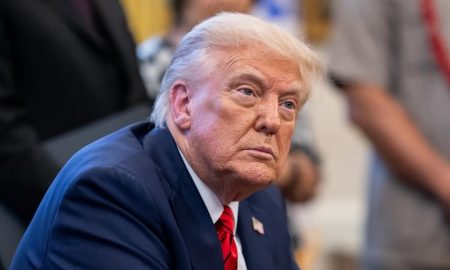
Turkish Lira Recovers From Record Slump But It’s Not Over Yet

Earlier this week, Donald Trump, President of the United States threatened to impose even more sanctions on Turkey in a state of heightened trade wars between the two nations.
While the US Dollar has continued to rise, the Turkish lira has fallen 5% amidst fresh sanctions placed on the nation, which might even lead some to believe that Trump (surprisingly) is winning the latest battle of trade wars.

Earlier this week, Donald Trump, President of the United States threatened to impose even more sanctions on Turkey in a state of heightened trade wars between the two nations
Vulnerable to Foreign Economies
The underlying cause of growing concerns in the fact that Turkey, like many other countries around the world is heavily reliant on foreign investment and international financing in currencies other than their own which means which makes its economy extremely sensitive to external factors such as the strengthening of the dollar.
In addition to increased tariffs on steel and aluminum, the US government has also placed sanctions upon the Turkish Ministry of Justice and Interior Ministry.
Experts remain vary of the fact that these could be early gremlins that might even morph into a global financial crisis due to increased volatility of financial markets and the ripple effect. While Trump might believe that he is winning the trade wars, the reality of the situation is he is actually bringing countries like Russia, Iran, Turkey, Pakistan and China closer together through mutual interests and increased strategic alliances.
In response to US sanctions, Turkey itself doubled the tariffs imposed on US goods including a 120% tariff increase on US cars, 140% increase in alcohol tariffs, 60% tariff increase on tobacco along with various cosmetic products.
A Row amongst Strategic Allies
Tensions between the two countries are indeed regrettable, considering that they are NATO allies and Turkey is the second biggest contributor to NATO. According to statistical data from the IMF, the US was the fourth largest exporter to Turkey with exports totaling $12 billion with Turkey being the fifth biggest exporter to the US with total annual exports totaling $8.7 billion.
After the weakening of the Turkish lira, the country faces serious economic conditions since almost 40 percent of the country’s debts to American and European banks are in the form of euros and dollars which puts an increased strain on small and medium sized Turkish businesses who are unable to repay their corporate loans due to an increased devaluation of their national currency.
It is believed that the source of increased tensions between the countries originated from the imprisonment of a US pastor Andrew Brunson back in 2016 on charges of plotting a coup against the Turkish government and President Recep Tayyip Erdogan along with accusations of espionage and links to terrorist organizations. In retaliation, the US imposed heavy tariffs on aluminum and steel in an attempt to reprimand the country for failing to release the American pastor.
The Turkish President in a recent press release stated that the US must accept a mutual relationship on equal terms with mutual respect and even threatened that continued actions of unilateralism and disrespect towards Turkey would eventually lead to the nation seeking political friends and strategic allies elsewhere.

the local government has attempted to get the support of the public by calling for a boycott of US electronic goods and buy Samsung smartphones instead of Apple’s iPhones
Up and Over the Hump
In response to this economic climate, the local government has attempted to get the support of the public by calling for a boycott of US electronic goods and proposing them to buy Samsung smartphones rather than Apple’s iPhones and ditching their US currency and gold in favor of the Turkish lira in a bid to boost the economy. Additionally the Turkish central bank has also restricted local banks from getting large sums of foreign currency which has helped stabilize the fall of the Lira.
Additionally, many of the country’s neighbors and allies have expressed their support for Turkey with Qatar pledging to provide an investment in Turkey totaling almost $15 billion which has somewhat stabilized the economy.
The Turkish lira had fallen by almost 40% this year before recovering back to 28% and just last week, the currency strengthened by another 6% after the central bank promised to provide liquidity.
However many experts believe that Turkish monetary problems are deep rooted and it will become increasingly difficult to sustain the recovery of the lira, with many economic experts believing that Turkey’s situation might actually get worse before it starts to steadily improve since the downfall of the lira will lead to an increase in foreign debt which would eventually trickle down into the banking system, further worsening the country’s economy. However, after a period of recession, Turkey will eventually find its feet and rebuild its economy in the near future.
More in Business
-
`
Will Bitcoin Crash to $0 or Hit $500K in a Decade?
Bitcoin’s future divides analysts into two extreme camps. Some see it becoming one of the most valuable financial assets in history....
October 12, 2025 -
`
Can Anyone Really Blame Mariah Carey for ‘Leaving’ the Real World?
Mariah Carey isn’t like the rest of us. From the moment she opens her mouth and that voice pours out, she...
October 10, 2025 -
`
Intel Invests in Nvidia, but Ratings Remain Unchanged
Intel’s stock jumped more than 30% after news broke that Nvidia poured $5 billion into the company. The rally sparked renewed...
October 5, 2025 -
`
Homeownership vs. Real Estate Investment: What’s Better?
Homeownership has long been seen as the American dream. But today, more people are asking: Is it really the smartest way...
October 3, 2025 -
`
Why the Armani Fashion Empire Is Set for an IPO
Giorgio Armani, one of the most iconic names in global fashion, left behind a detailed plan for the future of his...
September 27, 2025 -
`
Why Do Pokémon Cards Outperform the S&P 500 As an Investment?
Pokémon cards have outperformed the stock market by a mile. Since 2004, they have delivered a staggering 3,821% return, according to...
September 27, 2025 -
`
America’s Billionaires Get Older—Millennials Wait for Wealth Transfer
Many of today’s billionaires don’t match the youthful tech-founder image often portrayed. While names like Elon Musk, Sam Altman, and Mark...
September 21, 2025 -
`
Can President Trump Legally Fire Fed Governor Lisa Cook?
Lisa Cook is right in the middle of one of the most explosive legal battles in Washington. President Trump wants her...
September 20, 2025 -
`
Jeff Bezos’ Advice for Millennials Who Want Financial Success
Millennials today have grown up in a world where instant access to products and services is the norm. From two-day deliveries...
September 13, 2025















You must be logged in to post a comment Login